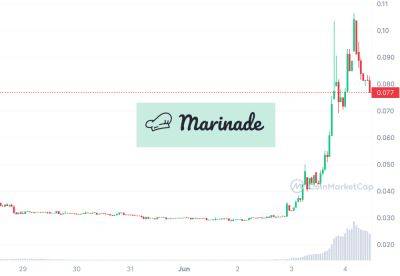Scotland’s glass bottle deposit plan is being kicked down the road by warring politicians
T he latest constitutional crisis between the Scottish parliament and Westminster isn’t over an independence referendum or the high affairs of state. It’s about whether Scotland can recycle glass bottles more effectively. Last week, the UK government told Scottish ministers they couldn’t include glass bottles in their long-planned deposit return scheme.
Doing so would violate the Internal Market Act, they said, which dictates that any condition devolved administrations wish to place on the sale of goods or services needs central government approval – part of Westminster’s post-Brexit reshaping of the way the UK works. But when the act was being debated, ministers were confident that the deposit return scheme would be fully compliant. And yet this week we heard that cans and plastic bottles could be included, but glass bottles could not. So what changed?
The deposit return system was originally backed by all five parties at Holyrood in 2019. Now, it’s mired in controversy. It has become a political football, on the agenda for meetings between the first minister and the prime minister, and the key issue in the SNP leadership race. Business voices are increasing efforts to block it, while the environmental movement is desperately trying to keep it on track. It is an example of how a popular and pragmatic environmental policy – the kind of thing everyone should be able to agree on if we are to do anything to address the many ecological crises we face – can be derailed by politics.
Deposit schemes are a simple idea, used in more than 50 other places around the world, and wereseen across the UK in the 70s and 80s. A small, fully refundable deposit is charged on every drinks can and bottle – in Scotland’s case 20p. That small
Read more on theguardian.com

 theguardian.com
theguardian.com













